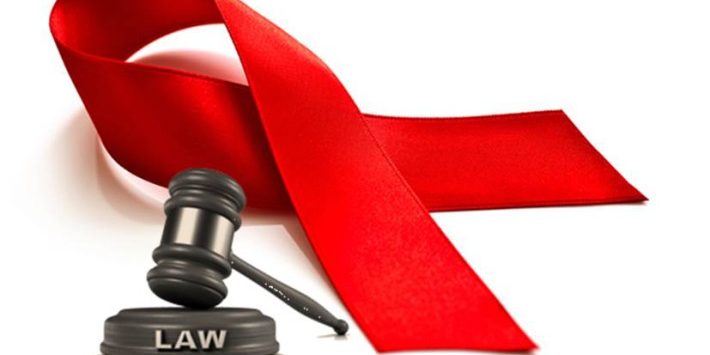The HIV and AIDS Tribunal of Kenya: Access to justice for HIV related Human Rights
Kenya joined the world to mark the Worlds Aids Day by celebrating key milestone towards the fight against the scourge and stigma of HIV and AIDs. Although HIV and AIDS continues to devastate and entrench deeper inequalities in the society, it should not be lost to us as a country, that we have made great strides towards having persons living with HIV and AIDS access justice.
In the quest to address violations of HIV related human rights, Kenya pioneered the establishment of the HIV and AIDS Tribunal of Kenya through the enactment of the HIV Prevention and Control Act (HAPCA) of 2006.
The tribunal, a quasi-judicial body which performs judicial functions such as hearing and determining cases comprises a Chairperson, two Advocates of the High Court of Kenya, two medical practitioners and two persons having specialized skill or knowledge required for the discharge of the functions of the tribunal.
First of its kind in the world, the tribunal is mandated to adjudicate cases relating to violations of HIV-related human rights. It hears and determines complaints arising from breach of the provisions of HAPCA.The tribunal has no jurisdiction to deal with criminal related complaints. Similarly, courts have held that in the absence of legislation clearly conferring power to the tribunal to entertain matters relating to violations of the Constitution, the tribunal cannot sit to entertain issues with constitutional violations.
The tribunal has powers akin to subordinate courts in Kenya. It can summon witnesses, take evidence under oath, call for the production of documentary evidence. If a person having been summoned to attend or give evidence before the tribunal fails to do so without sufficient reason, they will have committed a criminal offence.
The tribunal has the power to make orders including an order for payment of damages financial loss or for impairment of dignity or emotional and psychological suffering. The tribunal can order that steps be taken to stop a discriminatory practice. The tribunal can make orders calling upon respondents to furnish the tribunal with regular progress reports regarding the extent to which its orders have been implemented.
A party in whose favor damages or costs are awarded can obtain a certificate from the tribunal which, upon filing before the High Court, is deemed and executed as a decree of the High Court.
Once a complaint is filed before the tribunal it is handled by the registry. The registry evaluates whether the complaint falls under its jurisdiction or not. If found not to fall under its jurisdiction, the registry will refer the complaint to the appropriate forum.
The tribunal in carrying out its functions and making decision is guided by the provisions of the HAPCA and any other legislation relevant to the subsisting dispute. For instance, a complaint relating to the workplace will be addressed within the provisions of HAPCA the Employment Act 2000.
The tribunal is governed by provisions of the HIV and AIDS Tribunal (Procedure) Rules, 2020.The rules prescribe the forms to be used and the procedure for hearing. See https://www.hivtribunal.go.ke/wp-content/uploads/2021/05/HAT-Rules-Adopted-by-Members-23.10.2020.pdf.
A party dissatisfied with the decision of the tribunal can appeal or seek judicial review remedies before the High Court.The decisions of the tribunal are not reported in in order to protect the identity and confidentiality of the complainants.







